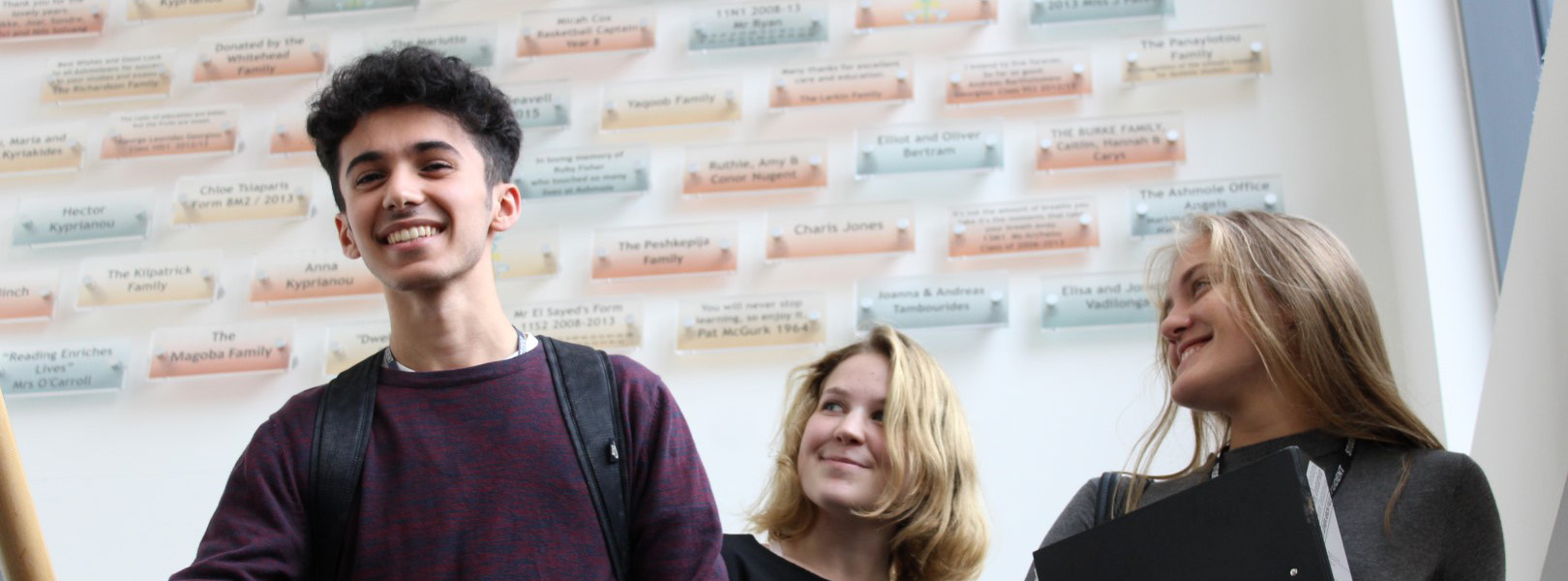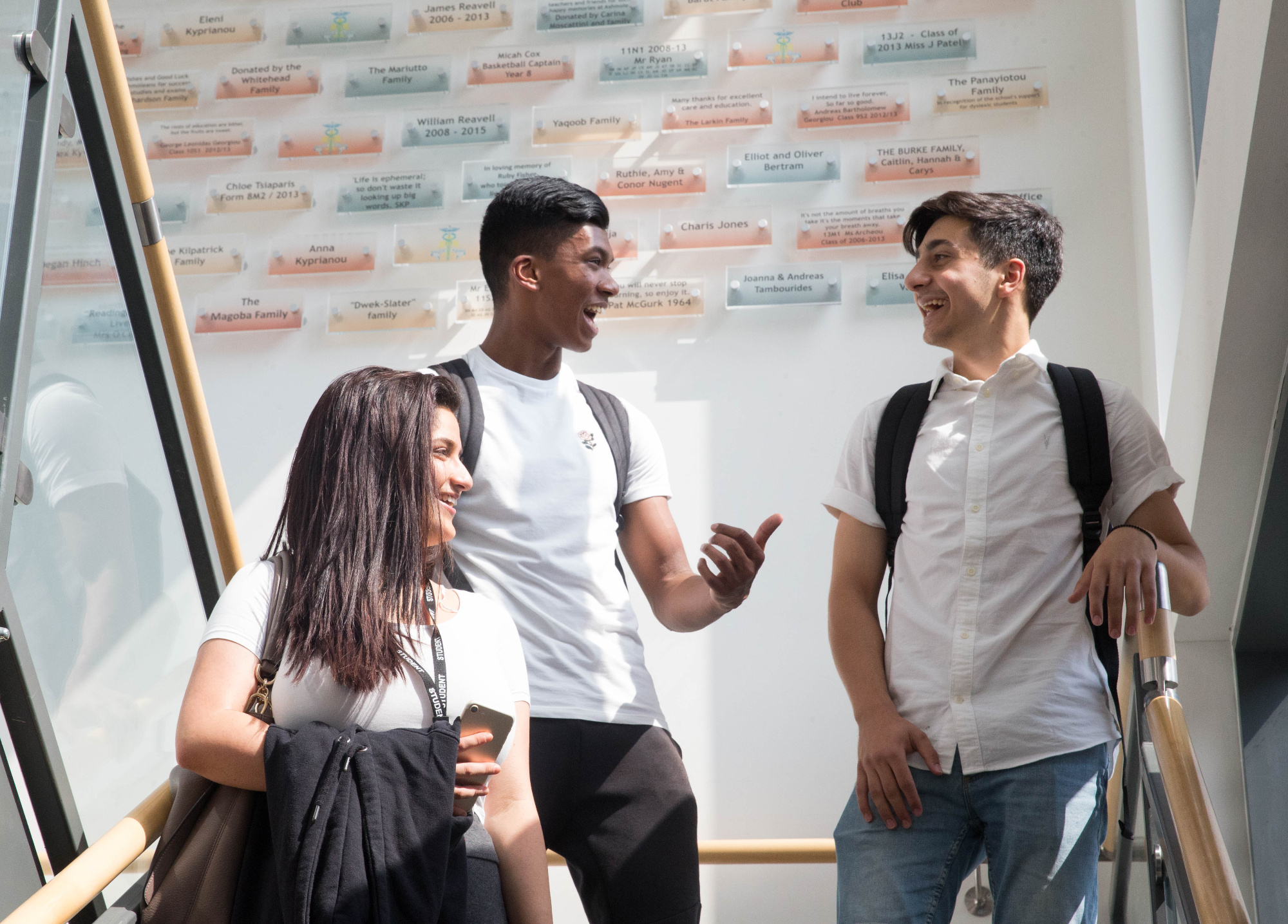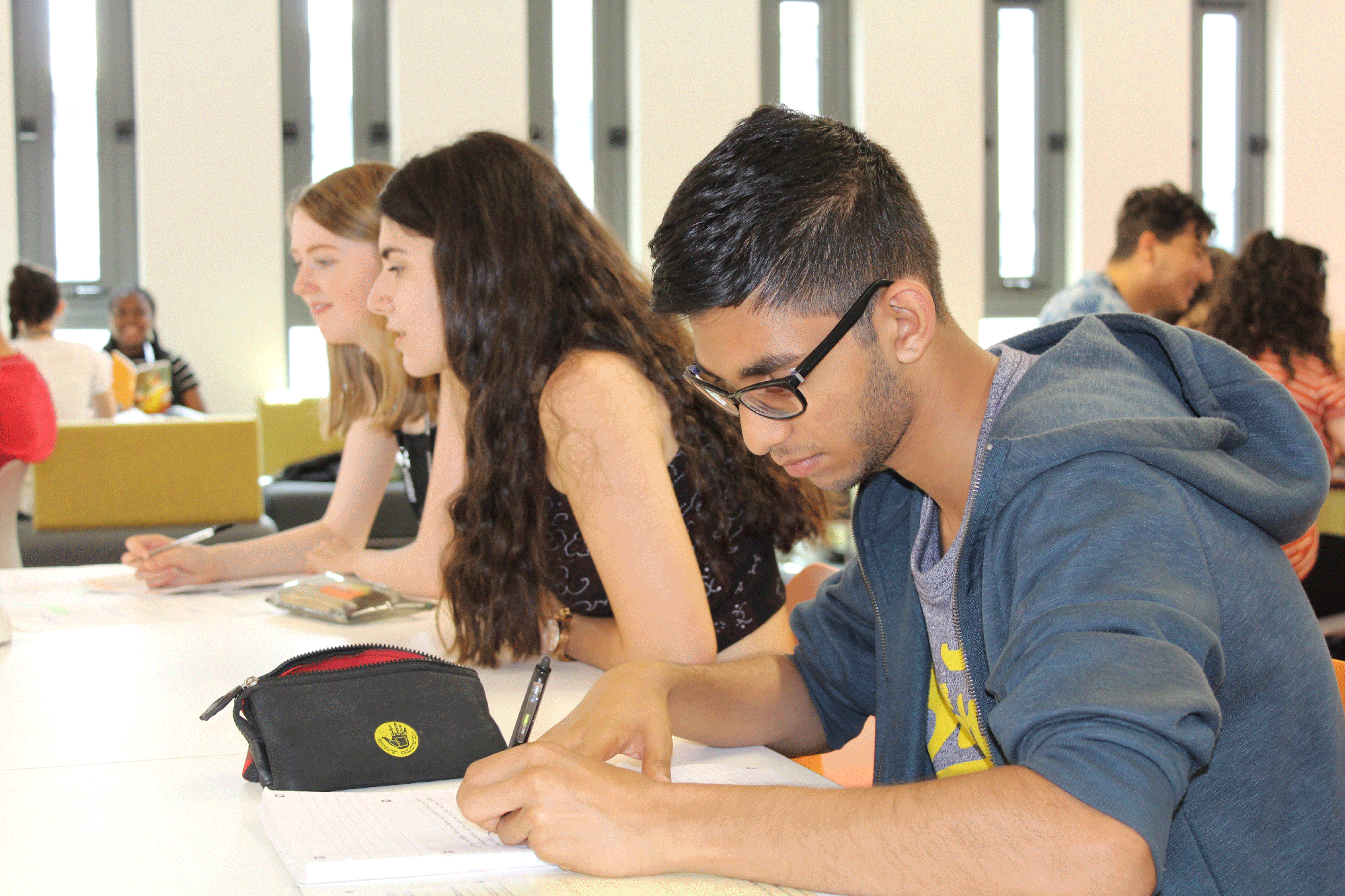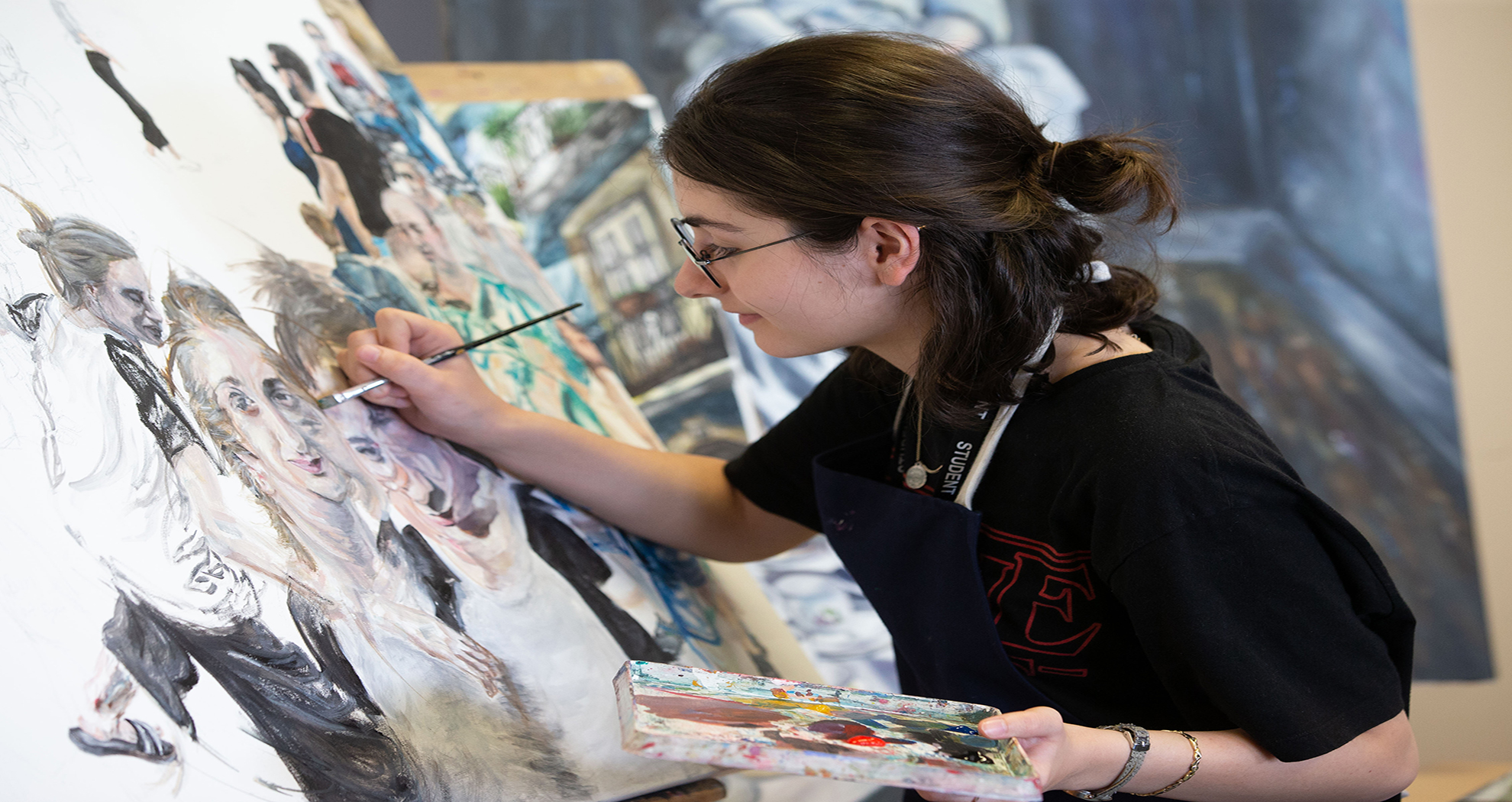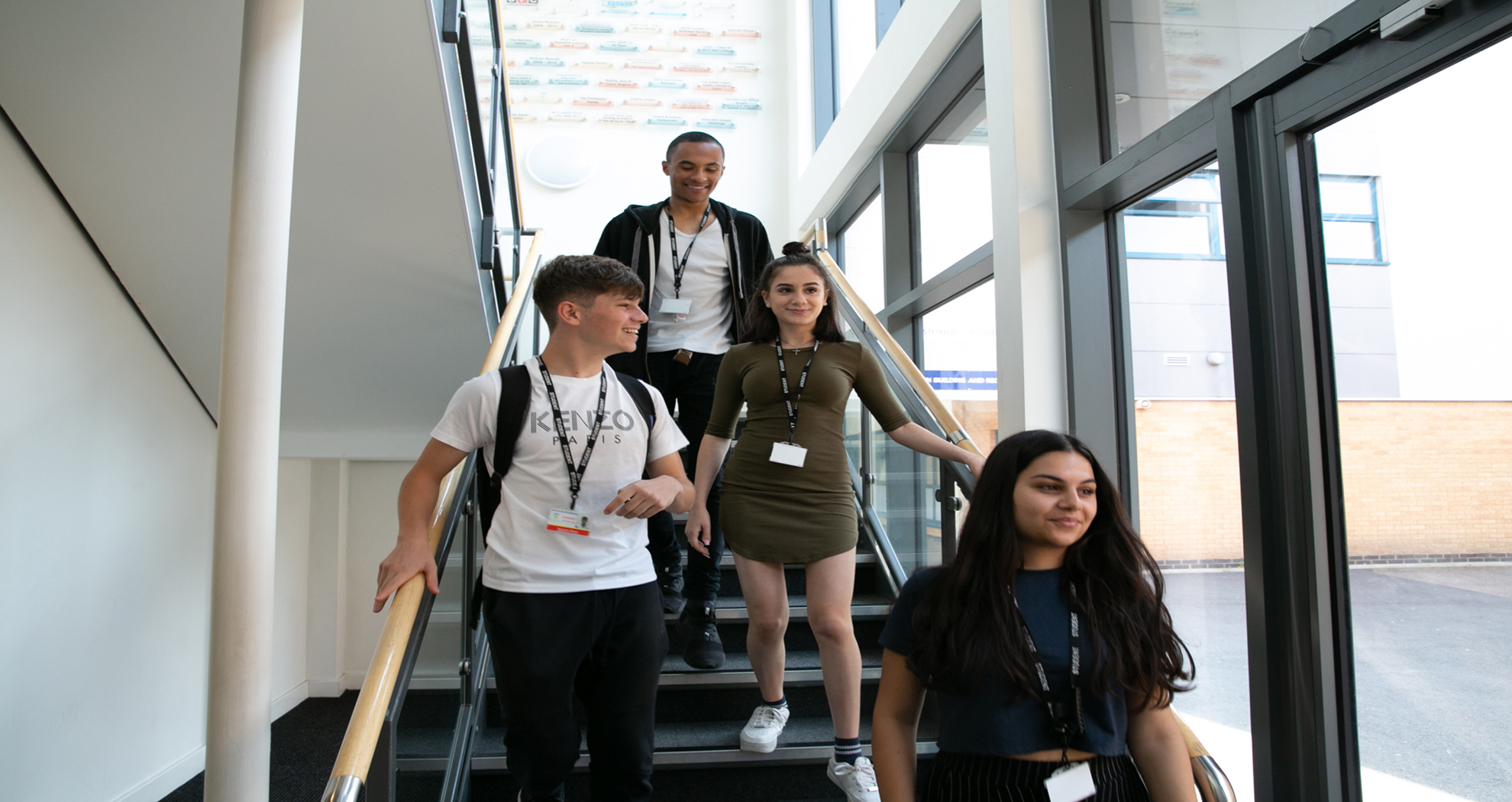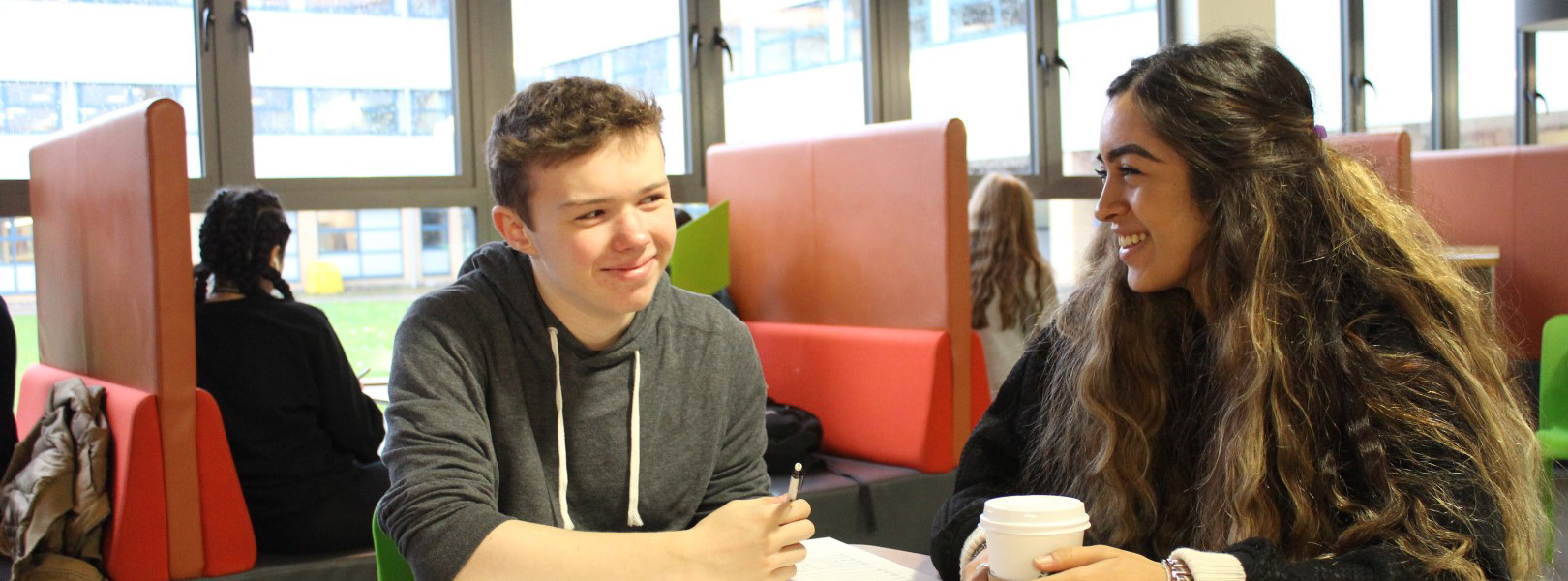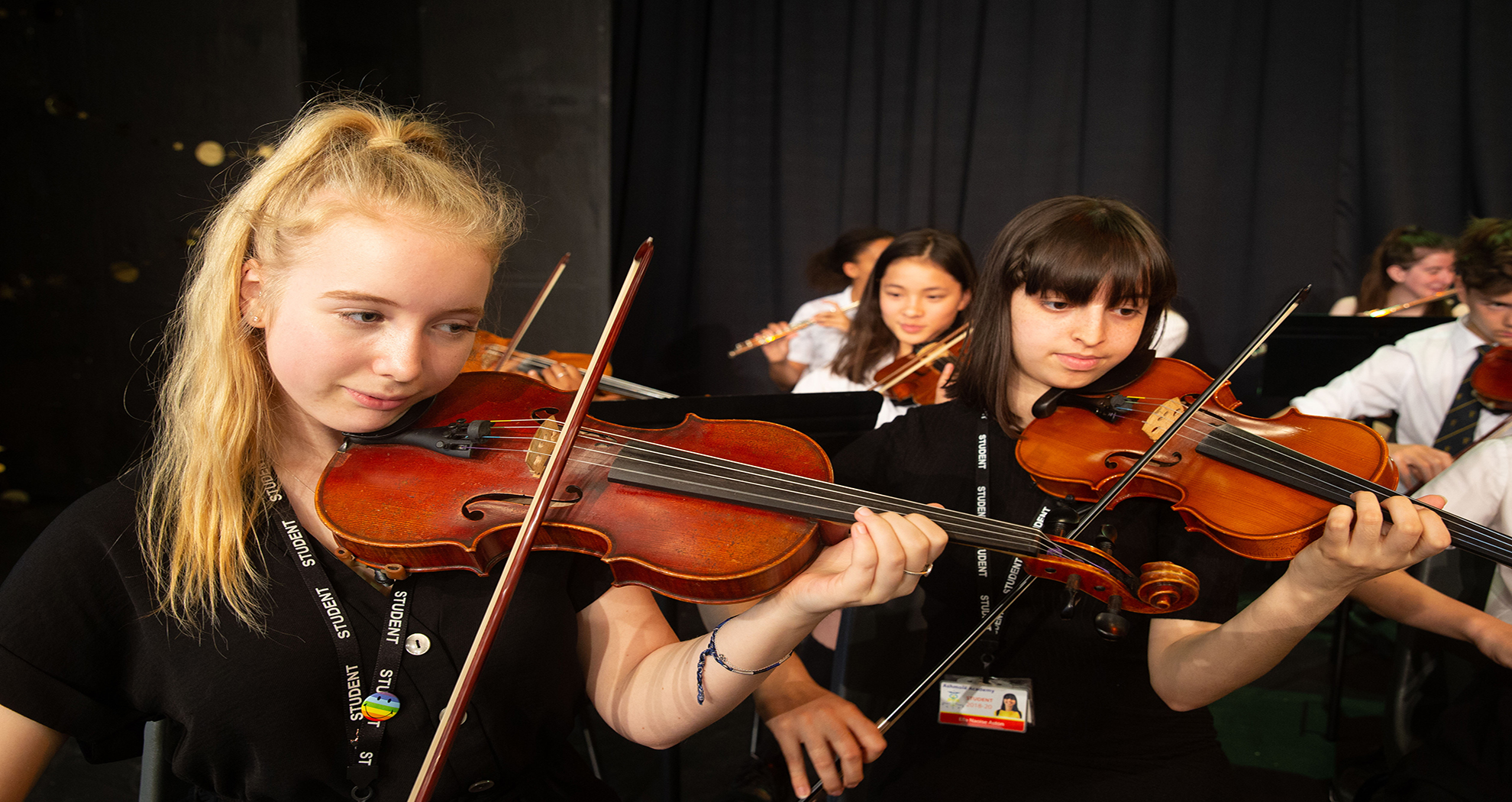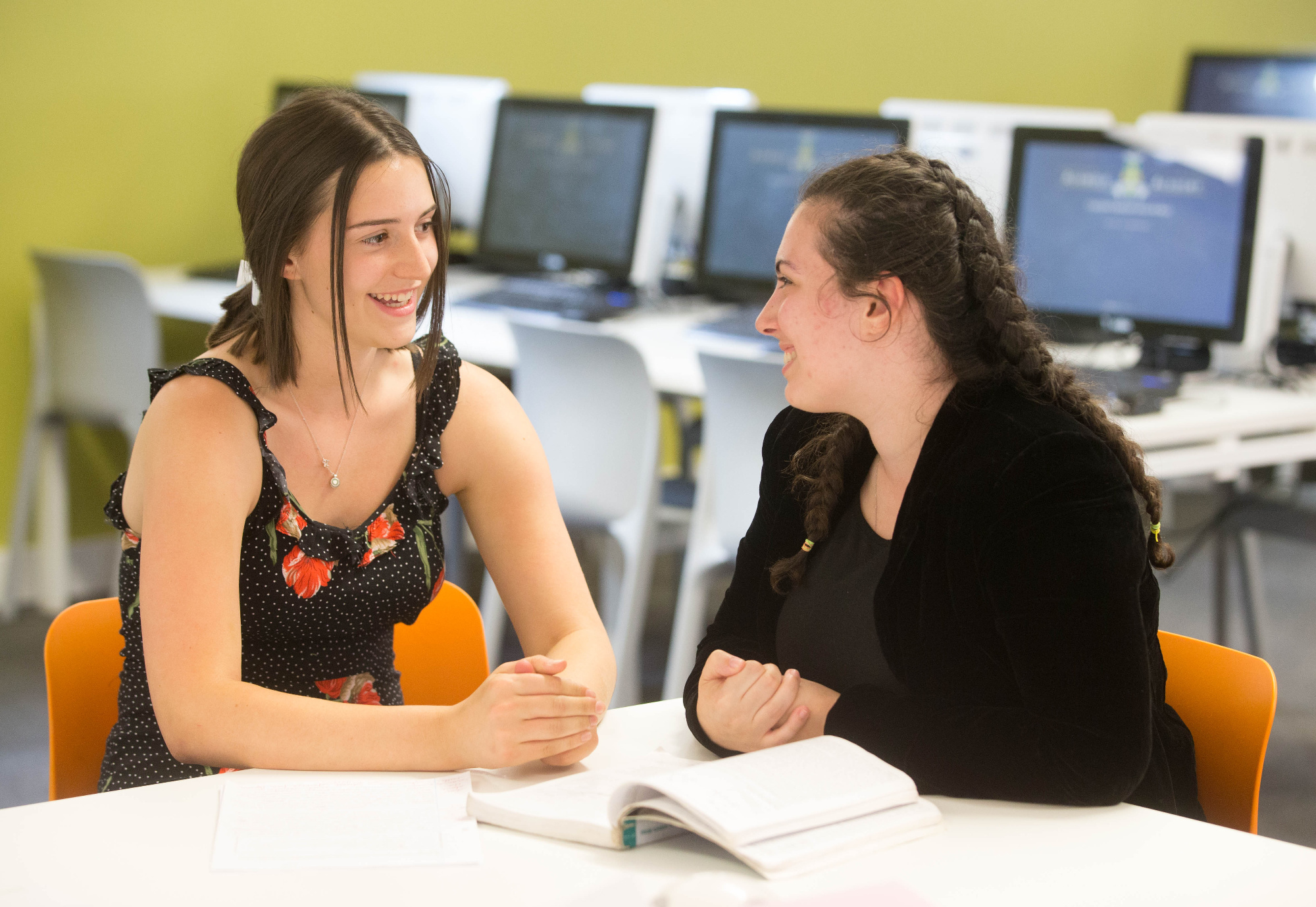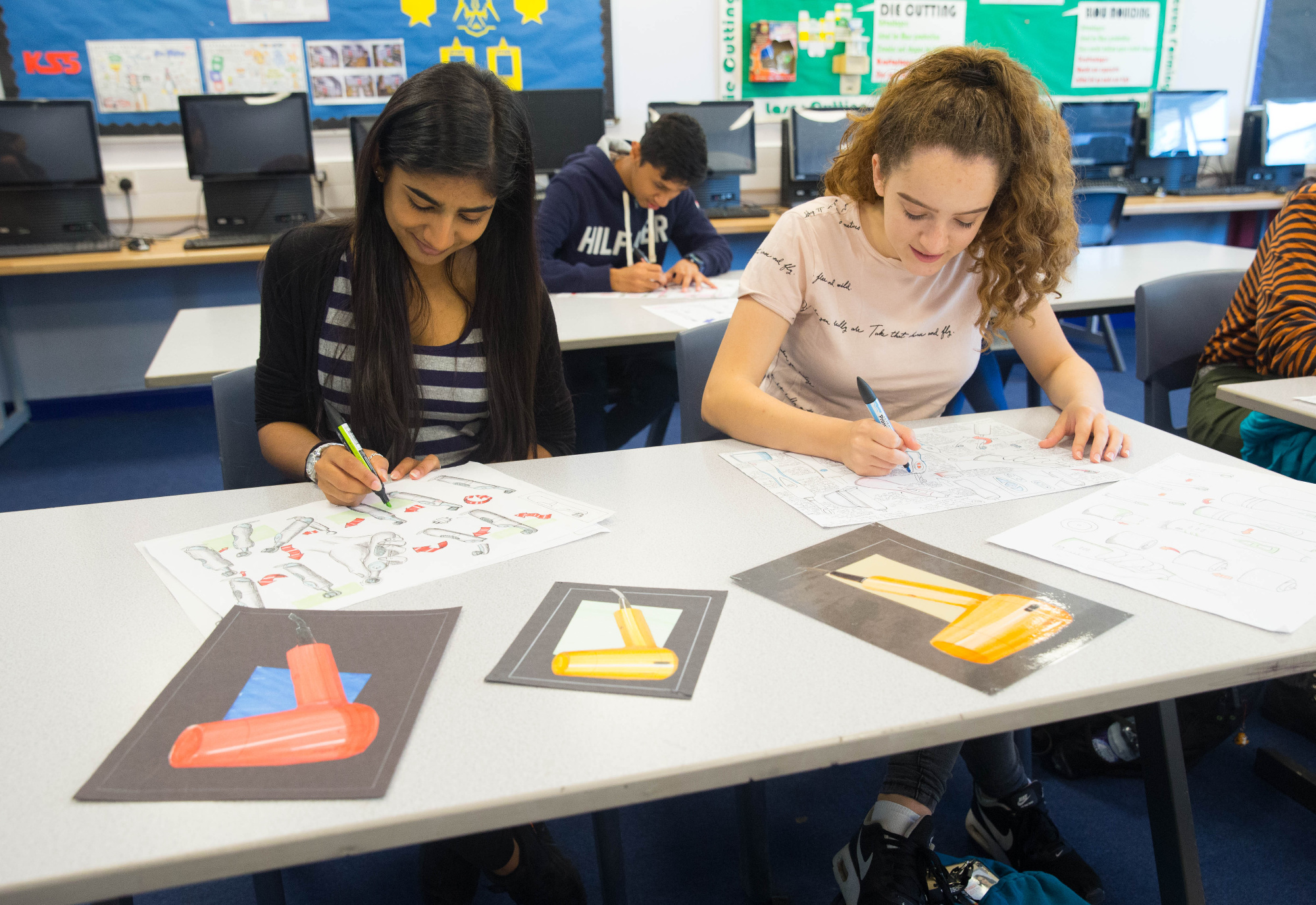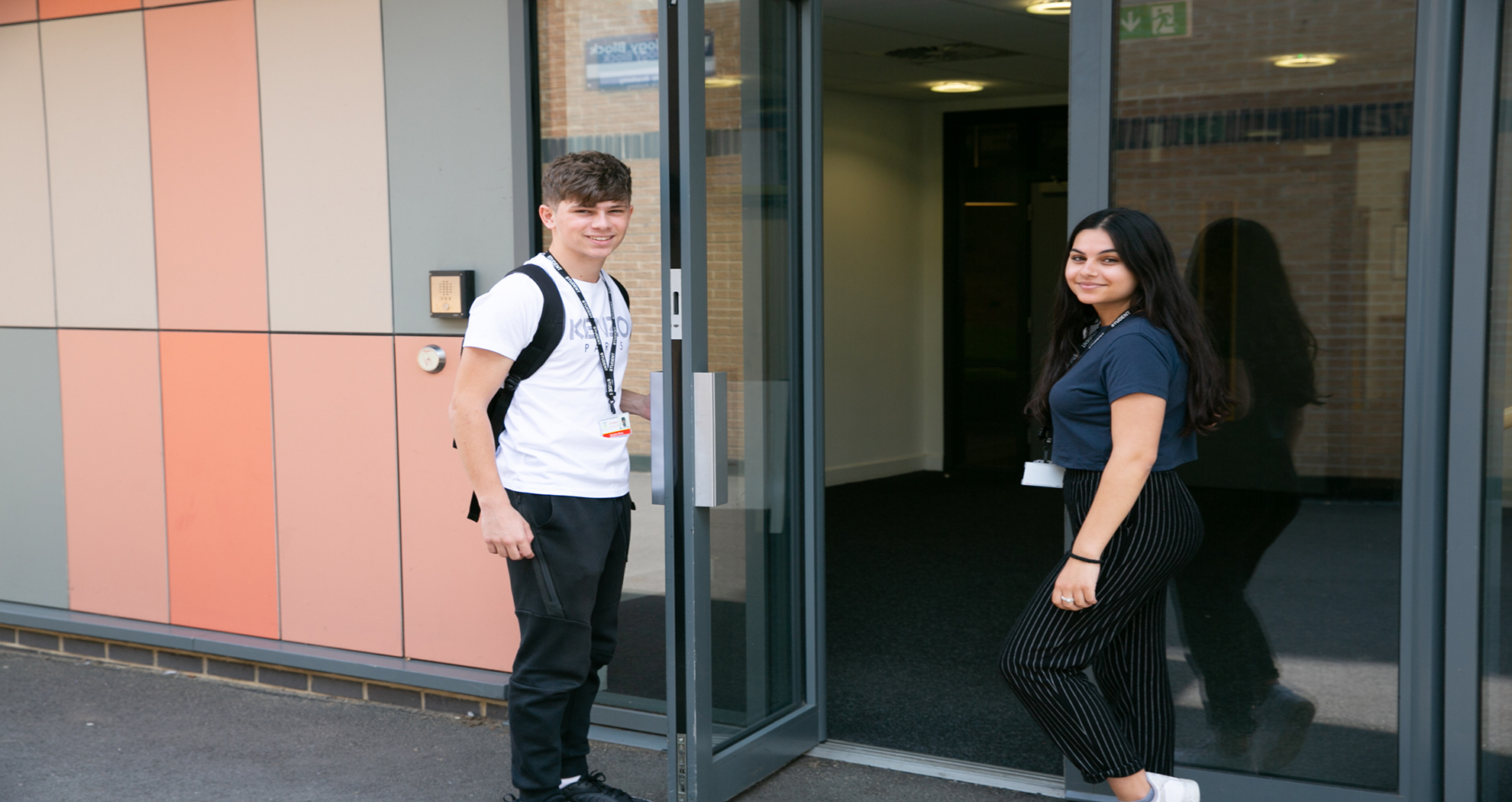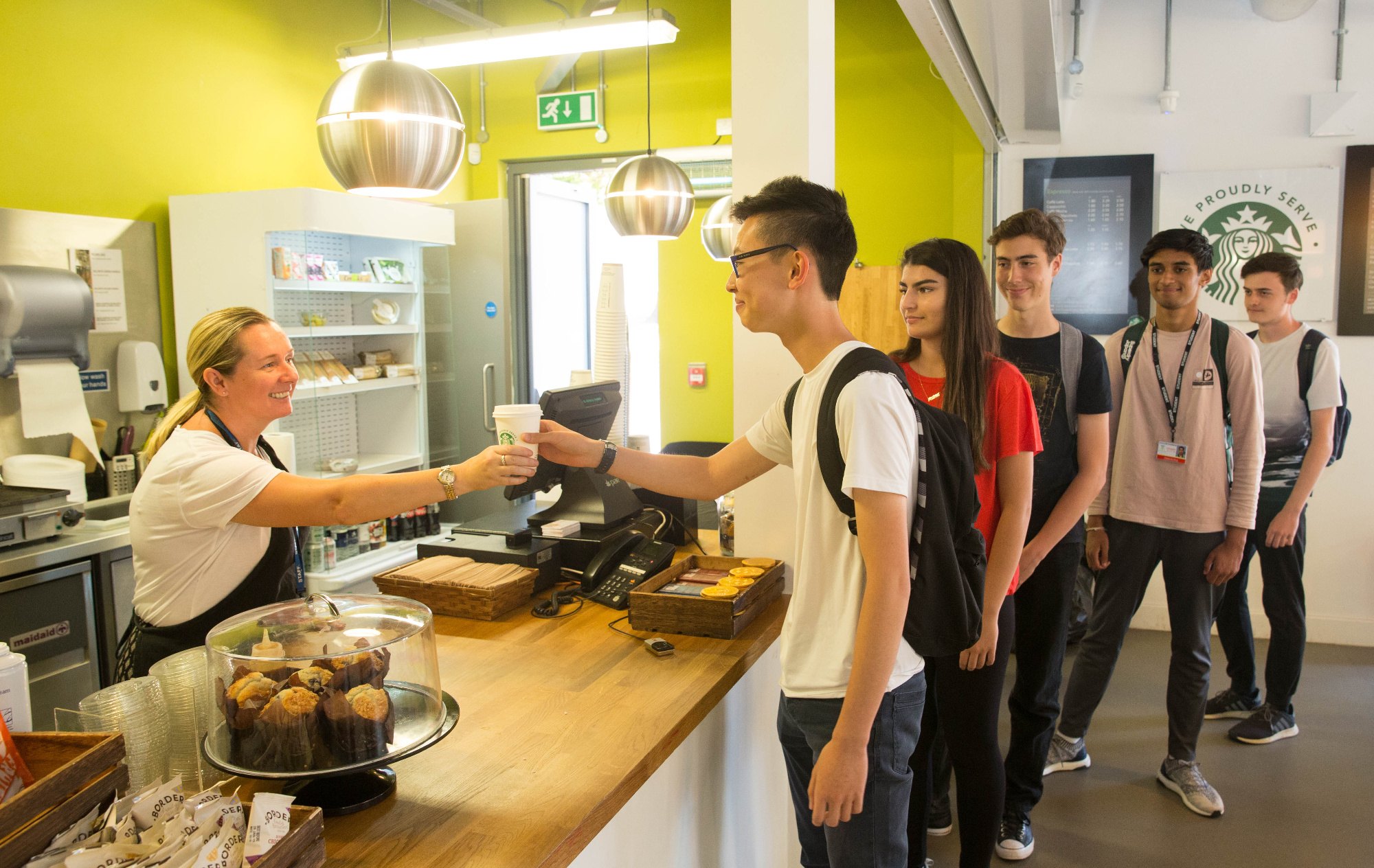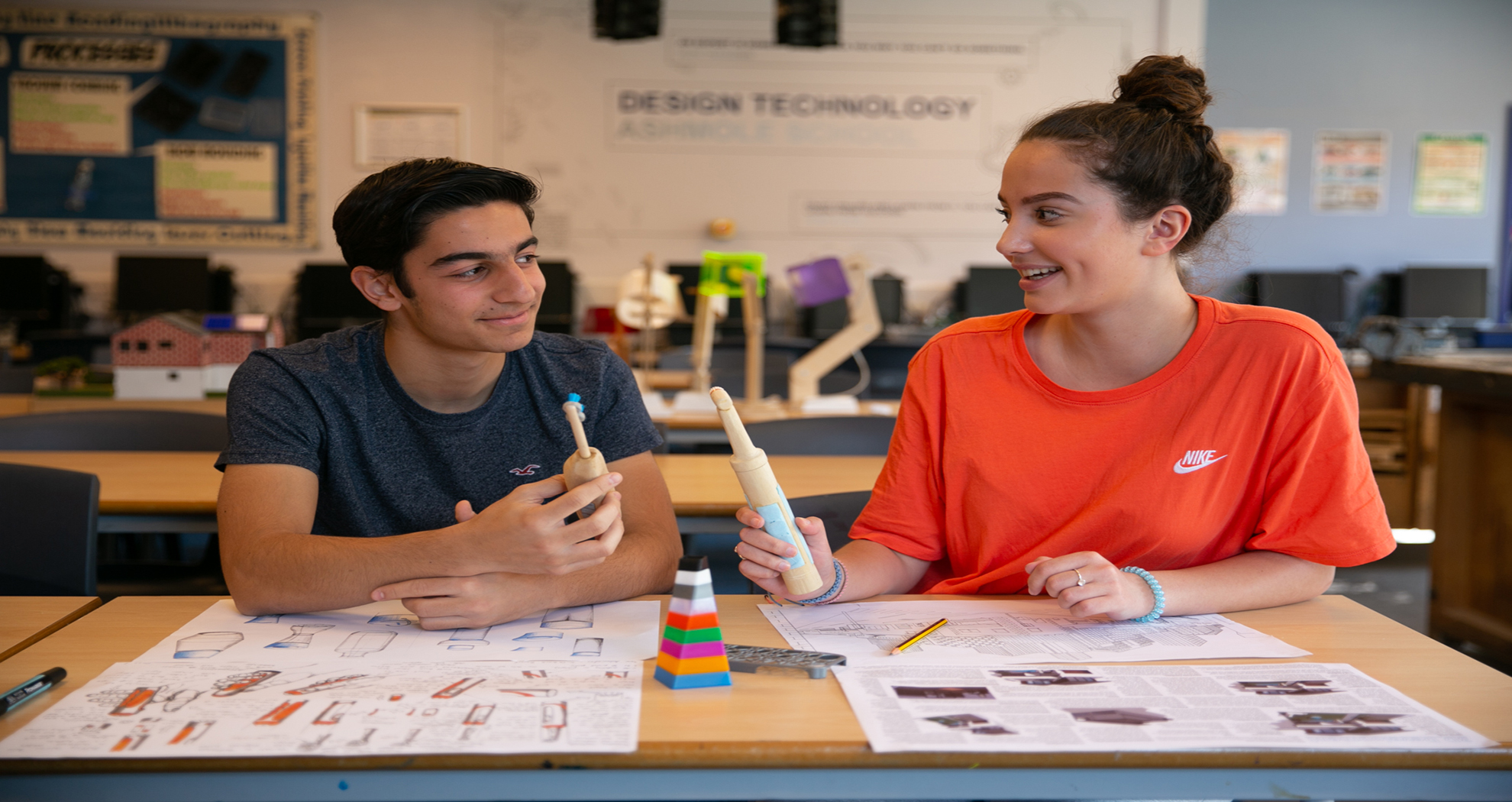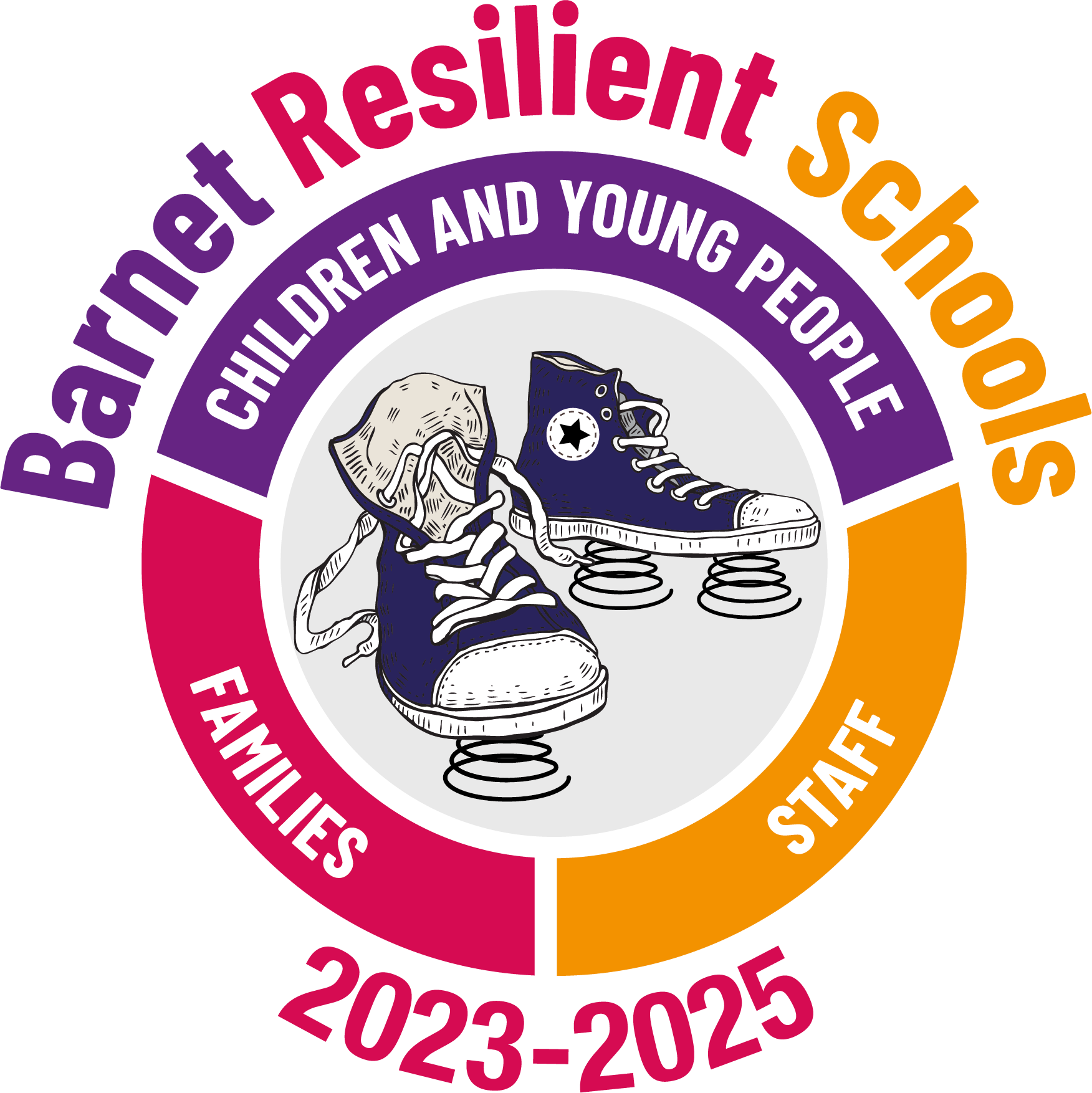University Summer Schools
Summer schools are aimed at students whose families have a low income or whose parents have not been to university – other criteria often also apply. Check eligibility criteria carefully before applying. You do not have to be sure that you want to apply to the particular university – going to a summer school can help you get a feel for university and help make your university application more successful.
Cambridge Sutton Trust Summer Schools are residential, week-long summer schools and give students a taste of living and studying as a Cambridge student. Students attend subject-specific events, from conducting their own research project to going to seminars, lab sessions or fieldwork or specialised, small-group teaching (Cambridge’s supervisions).
https://www.undergraduate.study.cam.ac.uk/events/summer-schools
Imperial College’s Global Summer School offers the highest achieving students aged 16 and 17 an intensive two-week residential programme. It is a fee paying course and applicants are sought who are enthusiastic about STEM and expecting to achieve A to A* grades at GCSE level. Over the two weeks, students attend focused sessions in engineering, medicine and life sciences, or physical sciences, and take part in a team project, solving real-world challenges.
https://www.imperial.ac.uk/be-inspired/global-summer-school/
King’s College London Pre-University Summer Schools programme gives students the chance to study a chosen subject at undergraduate level, and help prepare for university and beyond. The programme is over two weeks, residential or non-residential and includes classes, outings, university preparation, advice and wider skills sessions. The programme is fee paying.
https://www.kcl.ac.uk/study/summer/summer-schools/pre-university/pre-university-summer-school.aspx
King’s College’s Spotlight Summer School is a highlight of the K+ programme. It is a free programme that includes academic tutorials that involve working closely with a King’s PhD tutor, carrying out an independent academic project and information sessions on university applications, personal statements and student finance.
http://kplus.london/about/
Languages Summer School aims to encourage students to study languages at university level. It is led by SOAS and the University of Westminster, in partnership with King’s College, UCL, the University of Roehampton and The Open University.
https://www.routesintolanguages.ac.uk/events/4
Lancaster University's summer schools programme is now open for applications. The schools are open to students who meet the university’s widening participation criteria and are free for eligible students to attend. Further details, subjects and the application form can be found at www.lancaster.ac.uk/summer-schools. This years summer schools are as follows:
- Medicine summer school, Tuesday 9th to Saturday 13th June 2020.
- Arts, social sciences, business & management summer school, Sunday 12th to Thursday 16th July 2020.
- Science, technology & biosciences summer school, Sunday 19th to Thurs 23rd July 2020.
London Metropolitan University Summer Schools offer a free summer school programme for a range of subjects, ranging from computing and digital media, chemistry and pharmaceutical sciences to psychology and architecture.
https://www.londonmet.ac.uk/about/school-programmes-and-outreach/summer-school/
London School of Economics (LSE) CHOICE is a programme for 180 current Year 12s and gives students the opportunity to enhance their A level learning by attending a Summer School from 24 - 28 August 2020 and 16 Masterclasses (these take place on Saturdays) from September 2020 to March 2021. CHOICE also gives students access to the LSE Library, the world’s largest dedicated social science library.
For information and to apply, go to www.lse.ac.uk/lsechoice. Students can apply for one of five subjects: economics, government and politics, history, maths or sociology. LSE will not consider student applications without a teacher's reference. Places on LSE CHOICE are limited and the application process is competitive so it is recommended that teachers use the guidance notes here to select eligible candidates.
Student Application deadline: Sunday 8 March 2020
Teacher reference deadline: Sunday 22 March 2020
Nuffield Research Placements offers over 1,000 students every year the chance to work with professional scientists (including quantitative social scientists), technologists, engineers and mathematicians in the summer holidays. Projects may be laboratory based but may also be office-based or include fieldwork, or they might focus on engineering, data science or computer science. Eligibility criteria apply, see:
https://www.nuffieldfoundation.org/student-applicants
and students need to be free for four to six weeks in the summer break.
http://www.nuffieldfoundation.org/nuffield-research-placements
Oxford UNIQ is a programme that prioritises students who have good grades and are under-represented at Oxford. Applications are open only to students in their first year of A Levels and eligibility criteria apply. The programme aims to give around students a taste for life at Oxford through a range of courses. Students apply between December and January and are selected for UNIQ Spring and Summer.
http://www.uniq.ox.ac.uk/
Queen Mary University’s summer schools programme is fee-paying but has a range of subjects on offer.
https://www.qmul.ac.uk/summer-school/what-can-i-study/
A full range of post-16 activities, including those for under-represented students, can be found here.
https://www.qmul.ac.uk/teachers/our-activities/post-16/
Sutton Trust Summer Schools are subject specific and held at 13 leading universities including Bristol, Cambridge, Cardiff, Durham, Edinburgh, Glasgow, Imperial College, Nottingham, the Royal Veterinary College, St Andrews, UCL and Warwick. Students get a taste for university life as well as taster lectures and workshops in subjects ranging from anthropology to veterinary medicine. The Trust covers all students’ costs but eligibility criteria are strict.
https://summerschools.suttontrust.com/
University College, London (UCL) Summer Schools run summer non-residential schools for Year 12 students from state schools. The summer schools aim to give students a taste of university life and degree programmes offered at UCL. Eligibility criteria for the summer schools are strict.
https://www.ucl.ac.uk/widening-participation/learners/year-12-and-13/non-residential-summer-schools
UCL Architecture Summer Schools offer five or ten days, or three-week, short courses and students get the chance to experience learning architecture at The Bartlett, UCL’s global faculty of the built environment. A new maker’s weekend session offers summer school students the chance to develop their making skills in the school’s ‘cutting-edge workshop’ with expert guidance. The courses are not free. Check the link for details, including dates for courses, which may be during term time.
https://www.ucl.ac.uk/bartlett/architecture/programmes/short-courses
University of Westminster, Access to Architecture Summer School is open to students from 15 to 19 interested in a creative future. The course offers experience of what it is like being an architecture student. Run over three days, the course aims to boost students’ skills and prepare a portfolio through a mix of creative studio projects, building visits, taster mini lectures and advice on personal statements.
https://www.westminster.ac.uk/courses/professional-and-short-courses/architecture-and-interiors/access-to-architecture-summer-school

